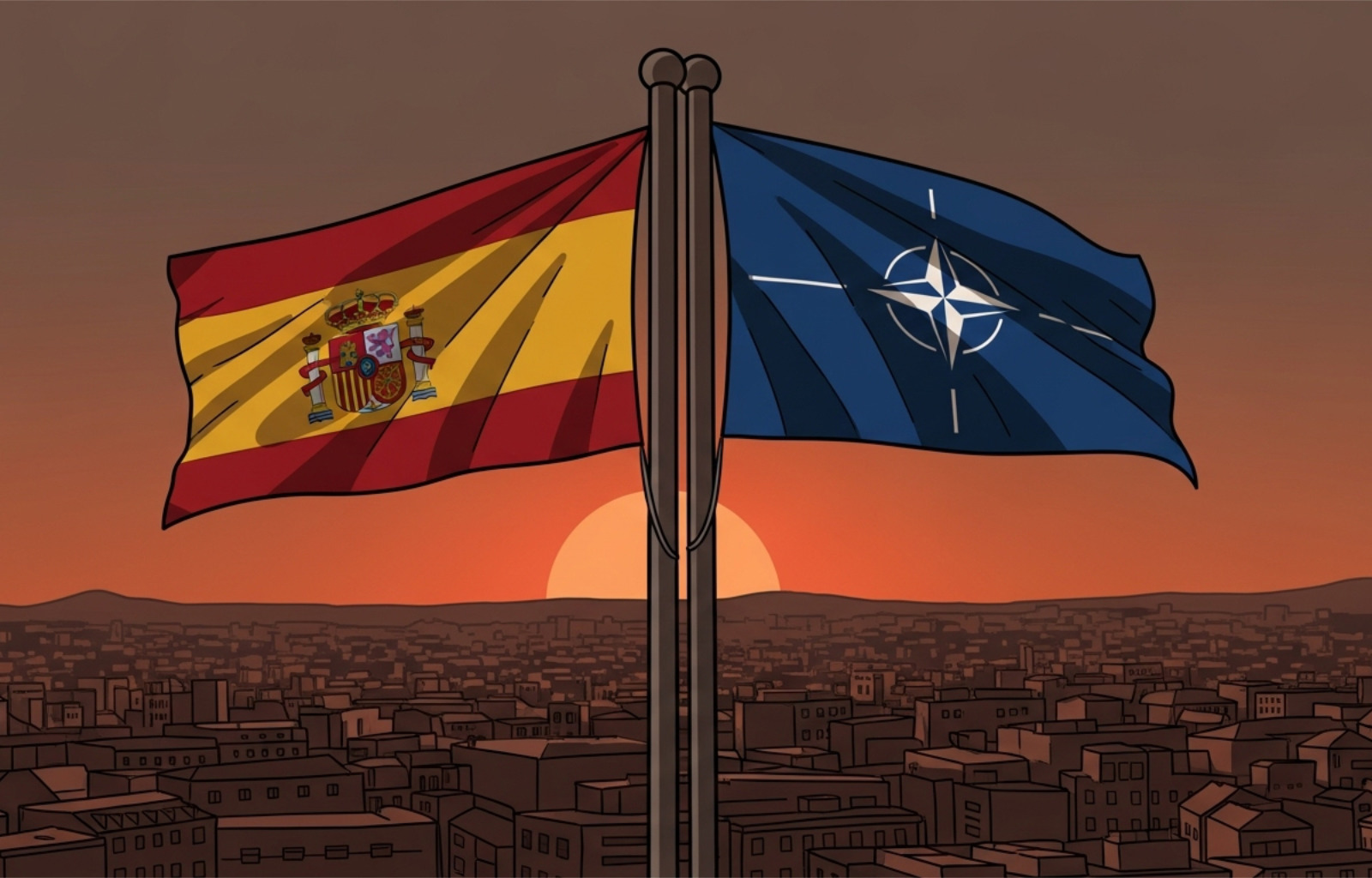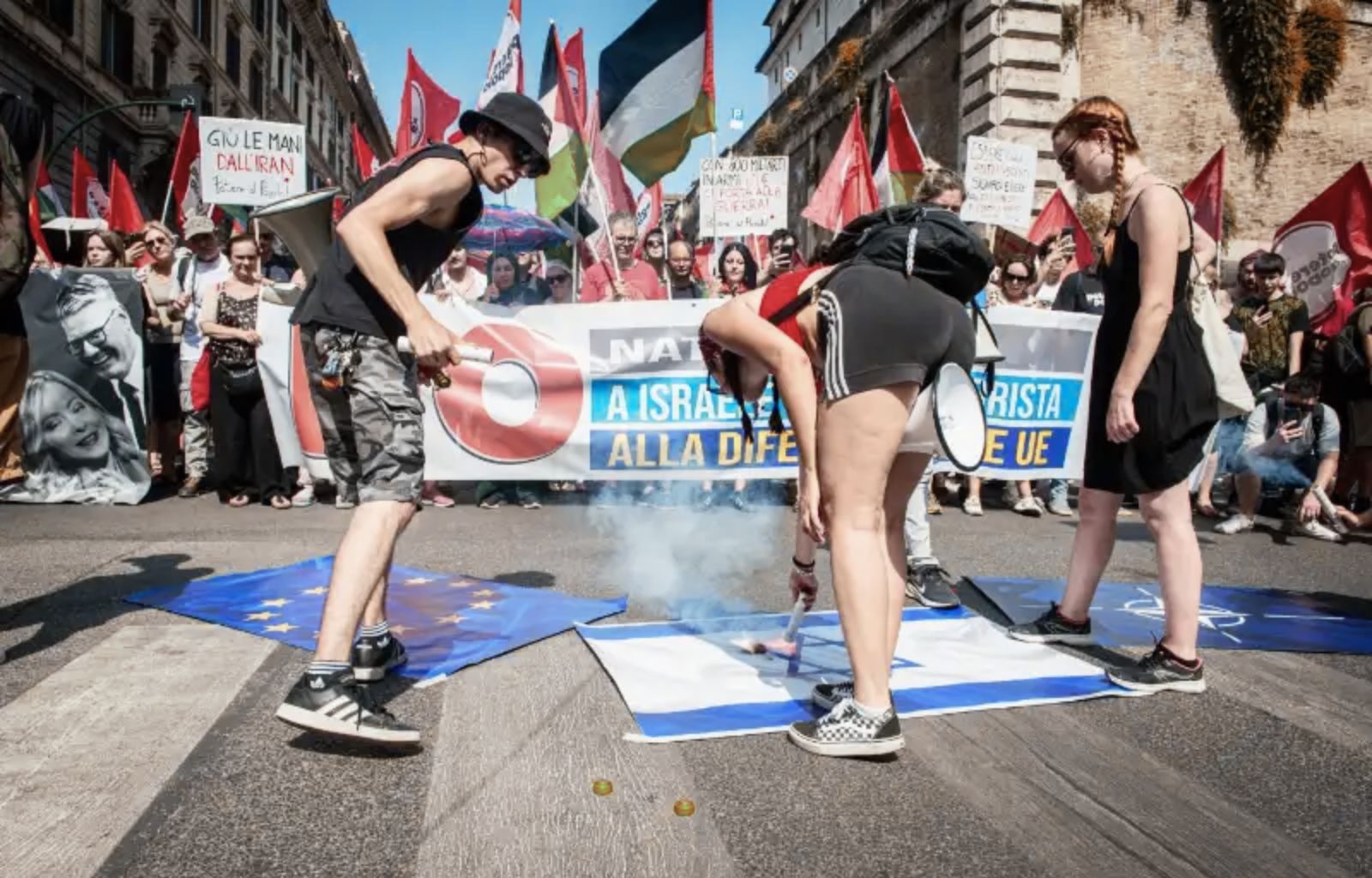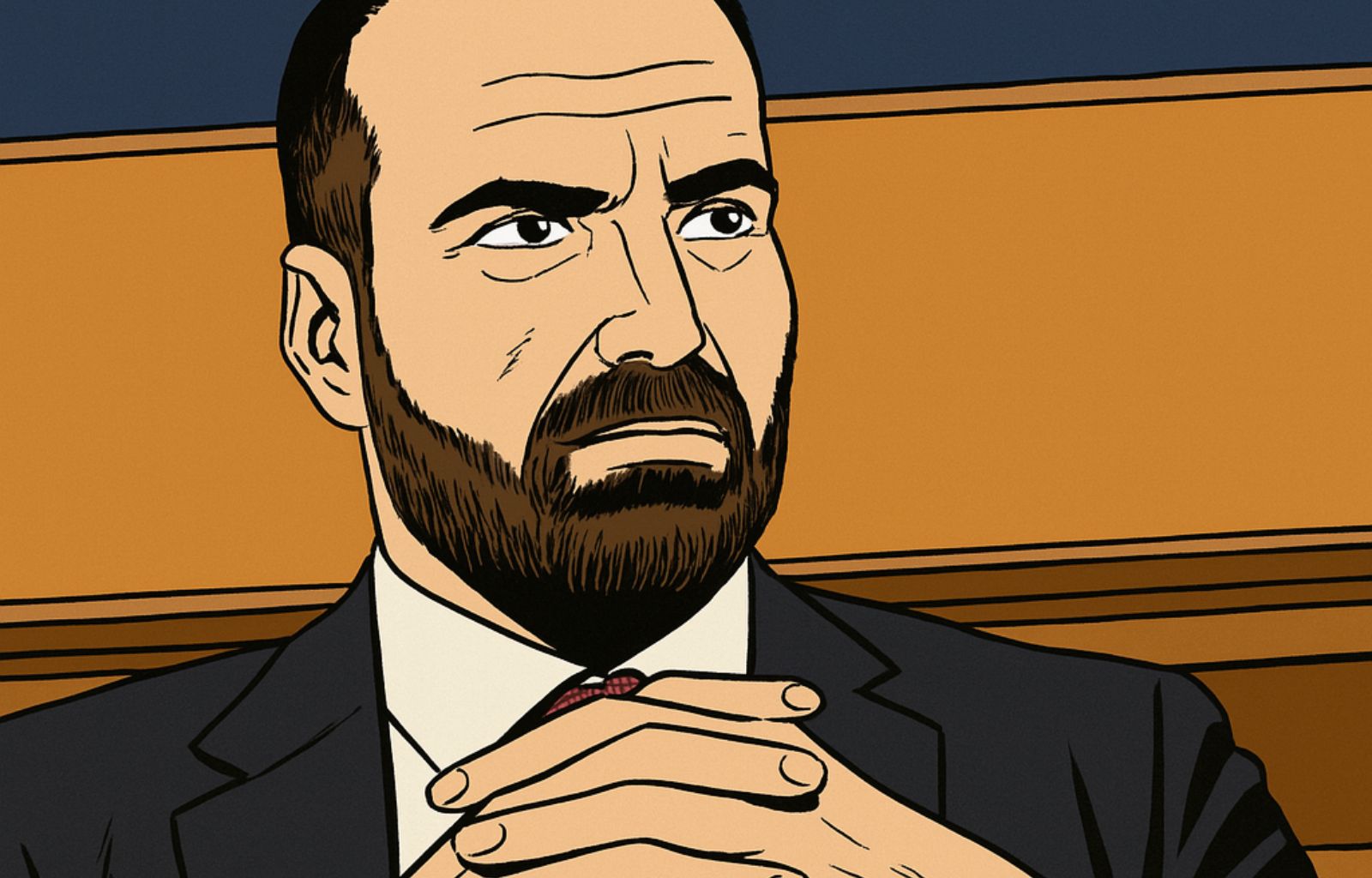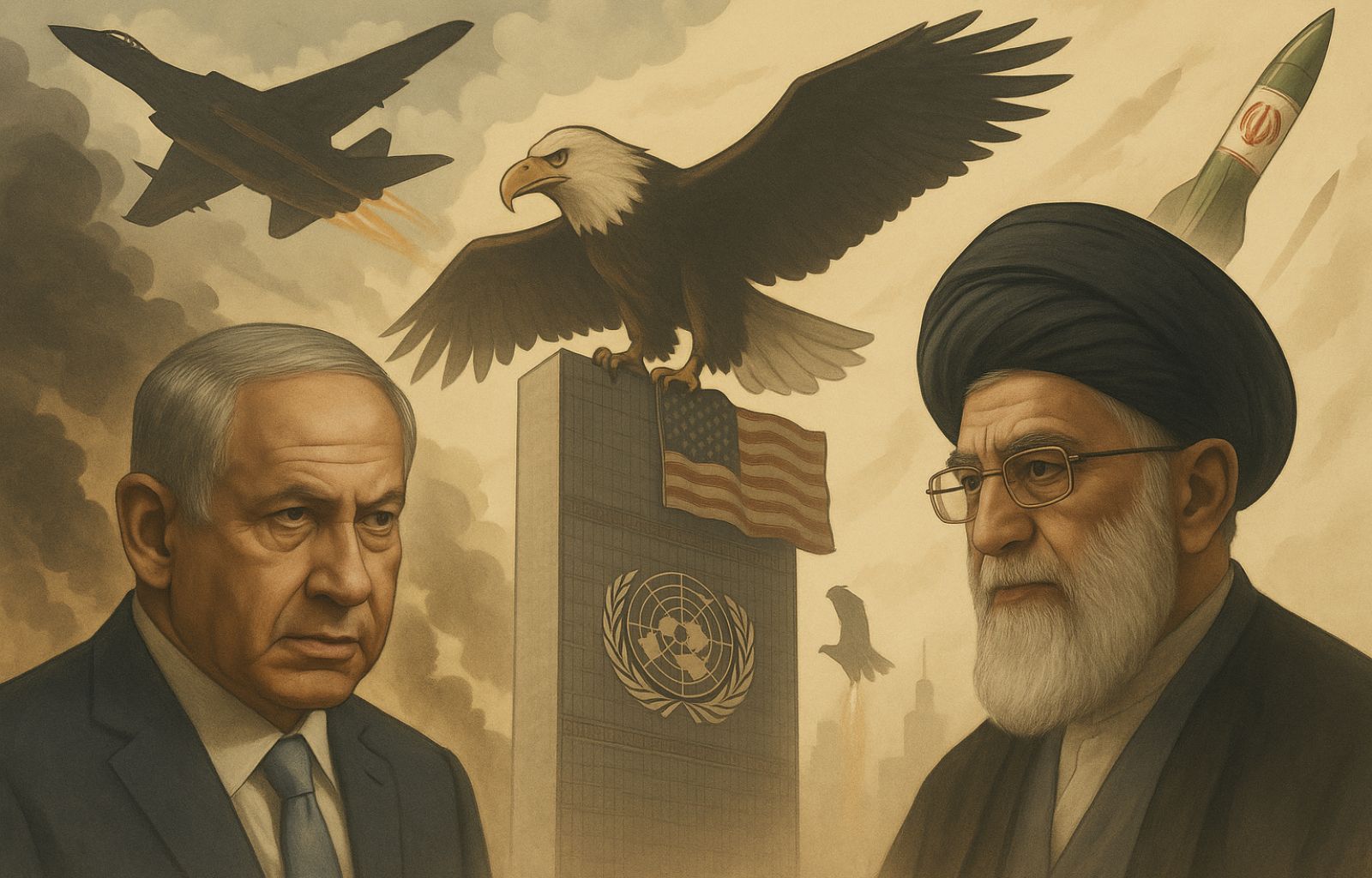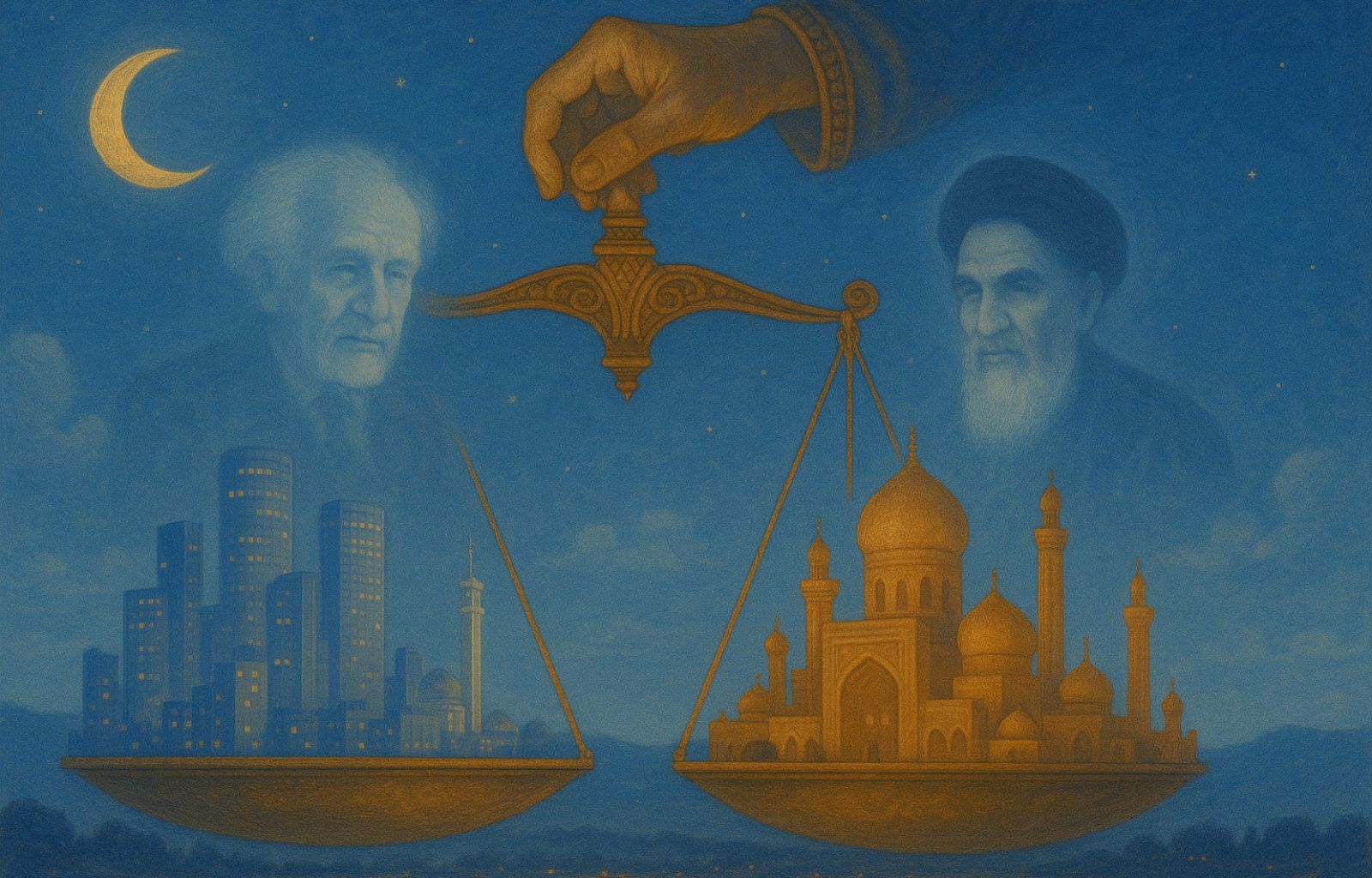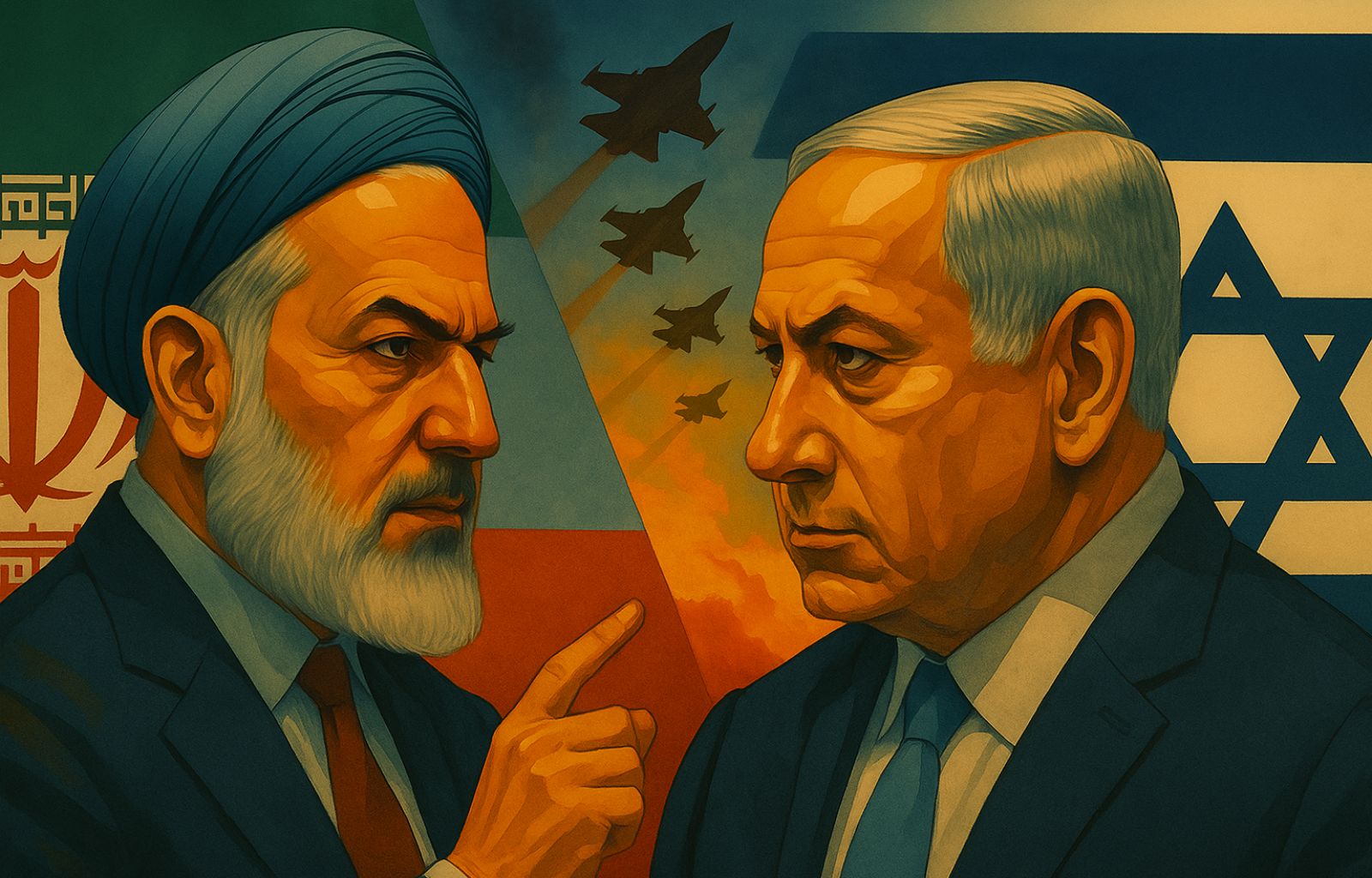How the UAE is becoming a key player in global relations
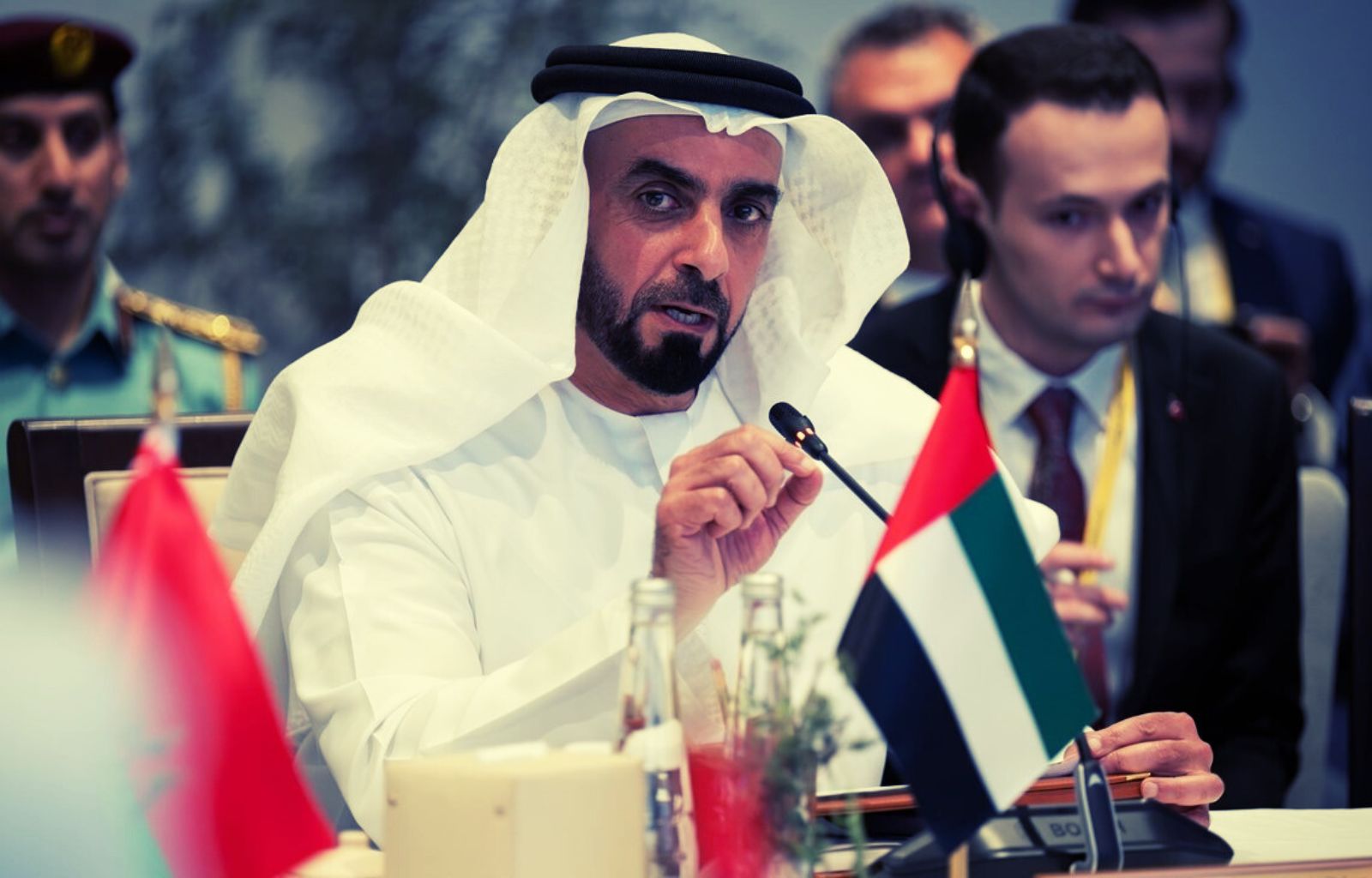
In a world marked by the breakdown of the post-Cold War international order and the growing crisis of multilateralism, new players are emerging to fill the gaps left by the traditional powers. Among them, the United Arab Emirates are gaining an increasingly prominent role as discreet but effective players in global institutional relations. In the apparent silence of traditional diplomacy, the Emiratis are in fact rewriting their role in the international system. No longer (only) an oil power or a simple regional mediator, Abu Dhabi is now a strategic node in a global network of institutional relations based on pragmatism, multilateralism and the ability to anticipate the new fronts of geopolitics, such as digital security and technological diplomacy.
The global strategy: beyond oil
It is in this context that the recent agreement signed with Ecuador on 2 May 2025 should be read: a memorandum of understanding on cybersecurity that defines four areas of cooperation – fromlegislative harmonisation to digital training. Seemingly peripheral, the agreement with Quito actually represents a piece of a much more ambitious strategy: to build an alternative diplomatic network to the traditional circuits, extensive and influential, which also includes emerging players fromLatin America,Africa andAsia.
Why Ecuador? Because, as demonstrated in previous collaborations with Paraguay, Uruguay and Morocco, the Emirates are seeking to expand their technological influence beyond their classical allies. It is no longer just a matter of signing economic agreements or attracting investment, but of exporting operational models, expertise and a precise vision of digital governance. Each memorandum thus becomes an instrument of soft power, a lever to assert a modern, reliable and autonomous state identity.
The joint plan on artificial intelligence signed between Italy and the United Arab Emirates, which envisages cooperation in research, technology transfer, AI ethics and industrial development, also fits into this framework – to provide another example. This is a strategic understanding that strengthens not only bilateral ties, but also Abu Dhabi’s international projection as a global hub for innovation. The agreement with Italy, a European country with a solid engineering and academic tradition, testifies to the Emirati desire to position itself at the crossroads between Europe, Asia and the Middle East in the great technological game of the 21st century.
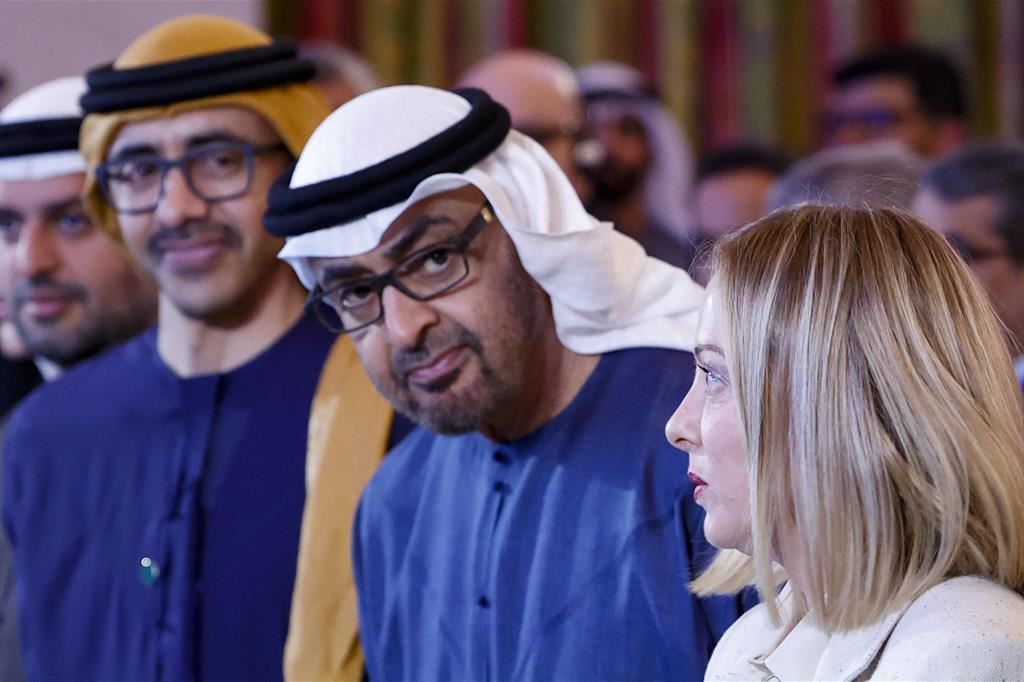
Active neutrality and multilevel diplomacy
This digital diplomacy is part of a broader repositioning of the Arab Gulf as a new hub of international politics. Abu Dhabi, Riyadh and Doha have adopted an approach that could be described as ‘active neutrality‘, maintaining open relations with even mutually hostile actors. The Emirates, for instance, are able to sign on the same day a trade agreement with Ukraine – the ratification of the Comprehensive Economic Partnership Agreement, aimed at guaranteeing reciprocal free access to markets – and send Interior Minister Saif bin Zayed Al Nahyan to Moscow to sign understandings on security, child protection and interreligious dialogue. Two simultaneous gestures, which plastically summarise the Emirati ability to hold together interlocutors in open opposition to each other.
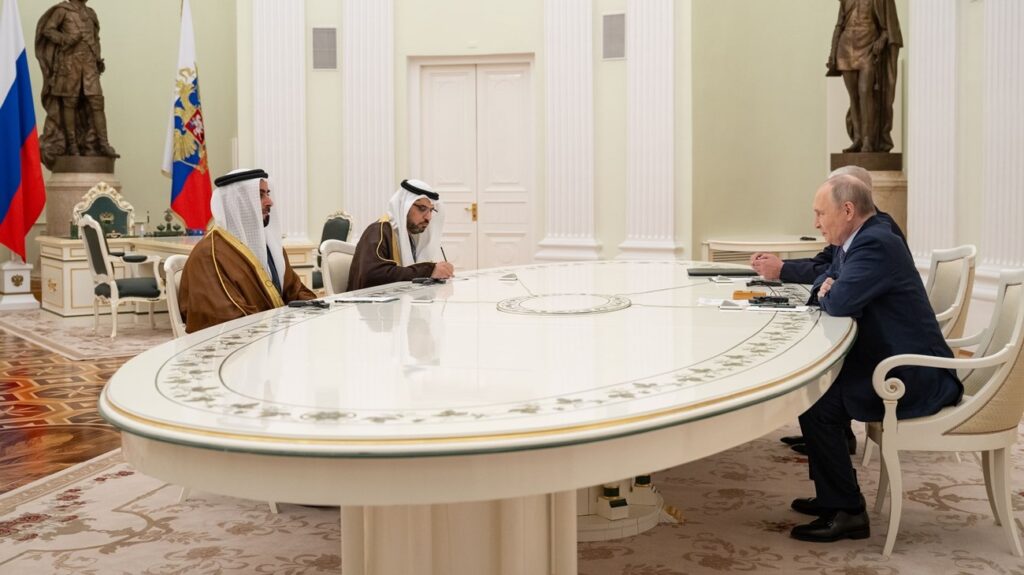
The value of the Emirates as a platform for dialogue thus lies in being a third space, not neutral but available, where options can be explored when traditional venues have run out. Unlike the historical powers, Abu Dhabi does not claim to arbitrate but to host. It does so discreetly, through material infrastructures (such as logistical hubs, ports and free zones) and immaterial ones (interfaith forums, major sporting events, cultural understandings). It also does so with sophisticated means of influence, such as sovereign finance (Mubadala, ADQ) and a narrative that combines modernity and Islamic identity in a global key.
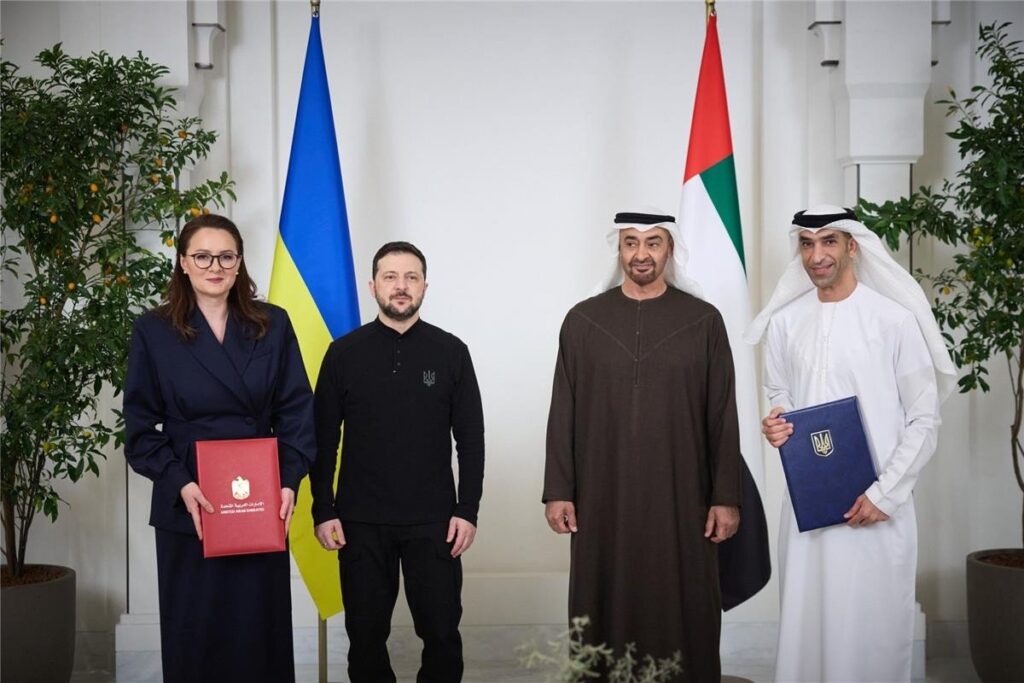
All this is, of course, also a form of ambiguity: the readiness to dialogue with everyone can easily be interpreted as opportunism, or even as a way of evading responsibility and sides in conflict scenarios. But it is precisely in this ambivalence – between openness and strategic calculation – that the diplomatic strength of the Emirates is played out today.
The Emirati model is still largely dependent on energy revenue, and diplomatic openness is made possible by a phase of weakness or stalemate among the great powers. But it is precisely in this gap that Abu Dhabi has inserted itself, building lateral, diverse, resilient ties. If the world fragments into blocs and spheres of influence, the Emirates offer themselves as connectors.
Ultimately, the United Arab Emirates are not simply expanding their international projection: they are experimenting with a new form of protagonism, based on the ability to weave, connect and dialogue. At a time when walls are being erected, they are building corridors. And, perhaps, even a few bridges.

